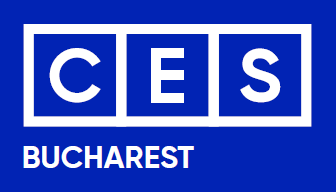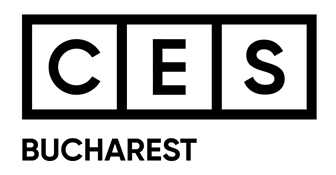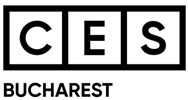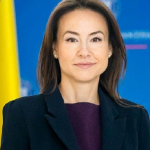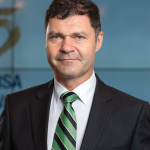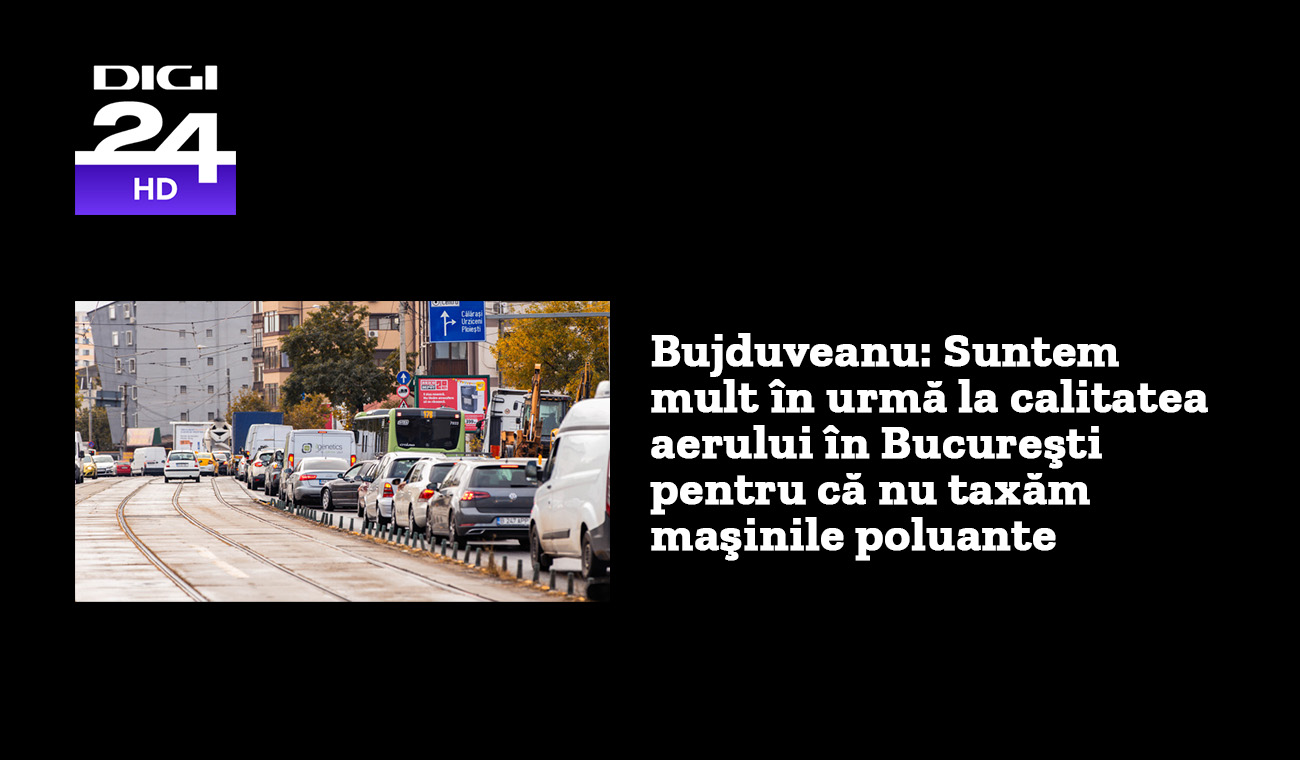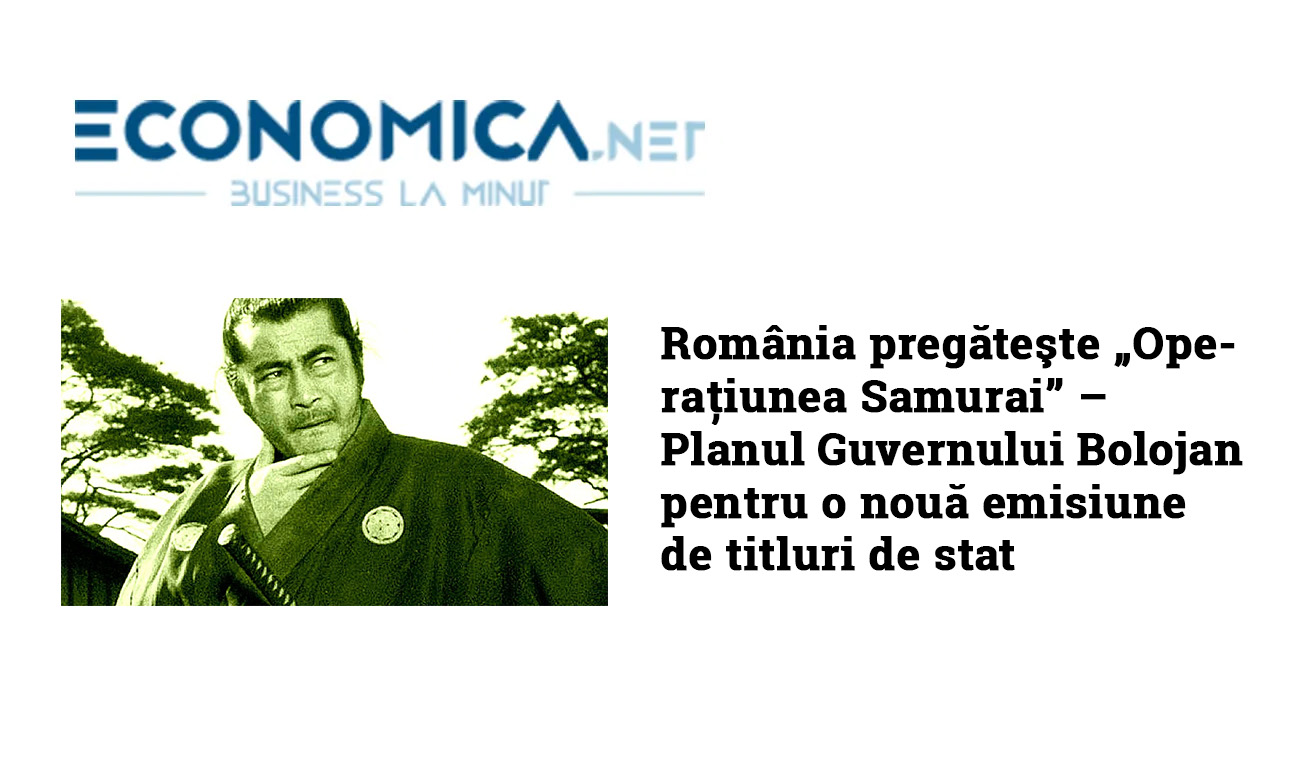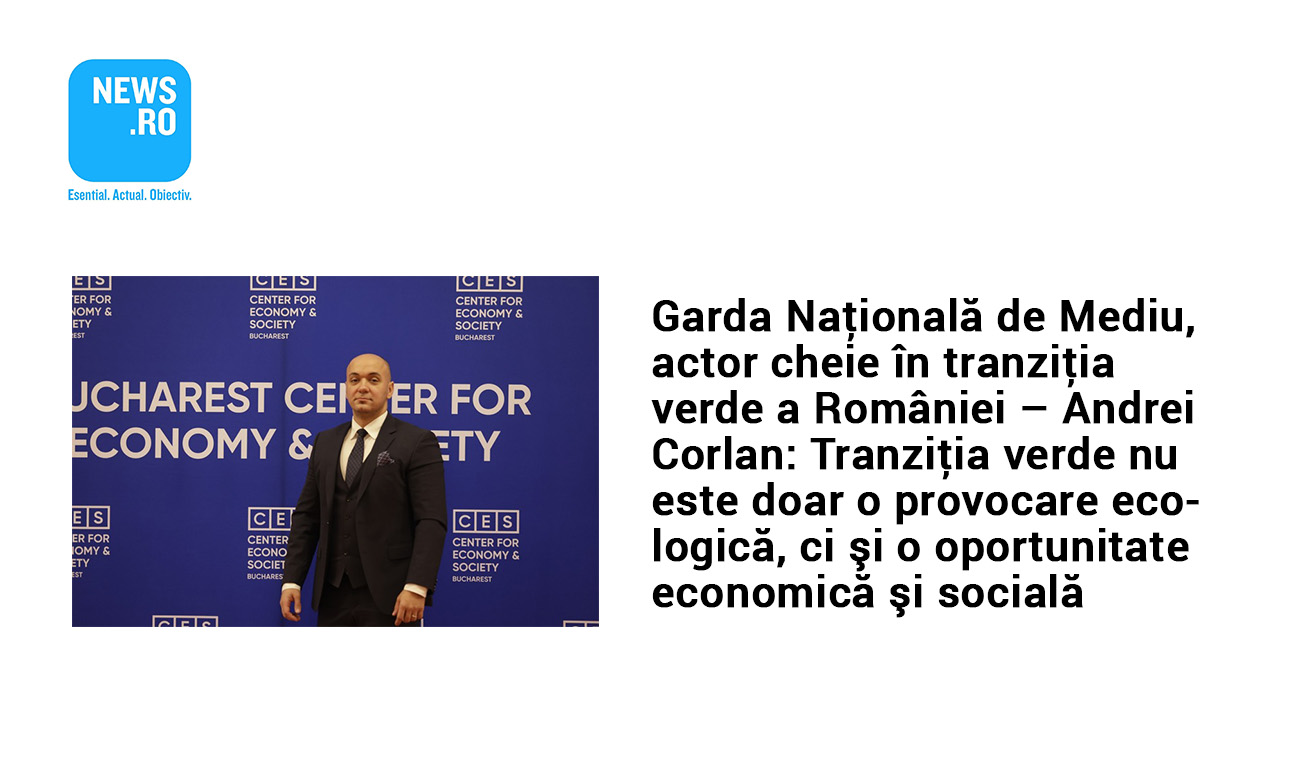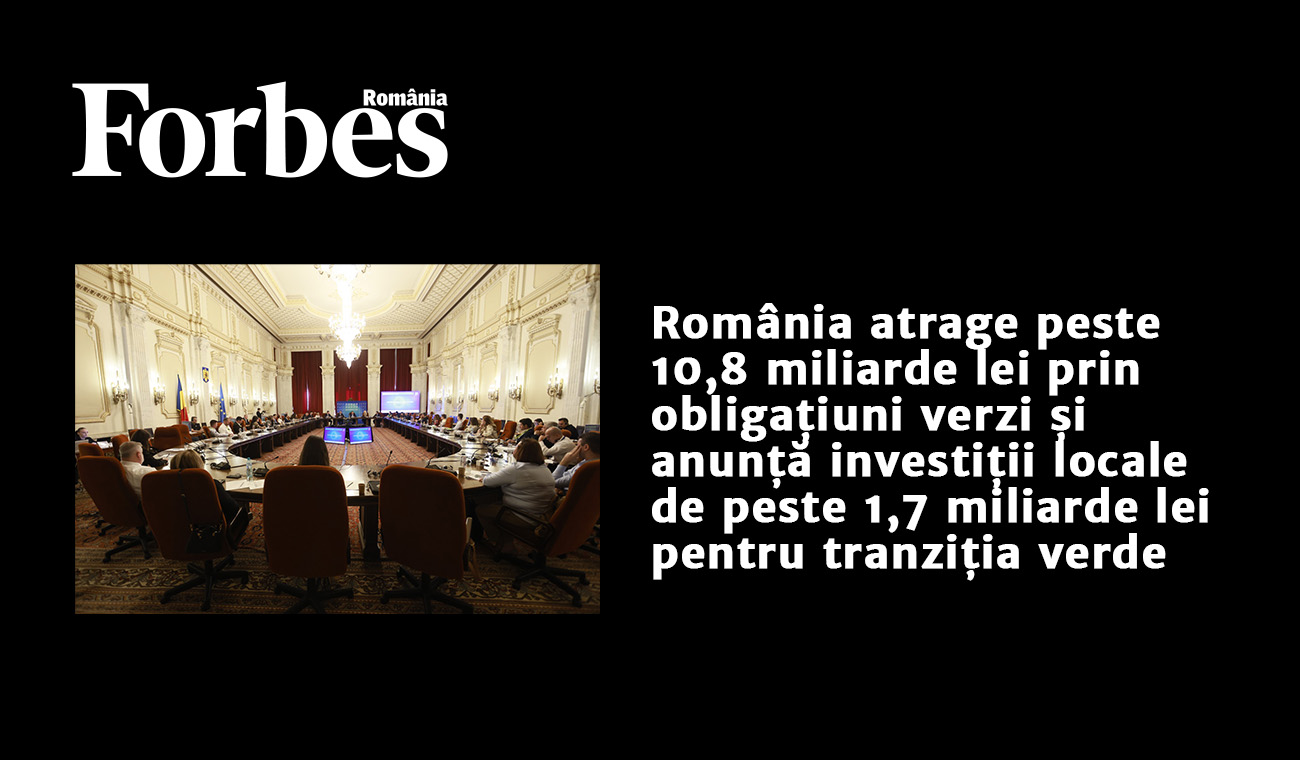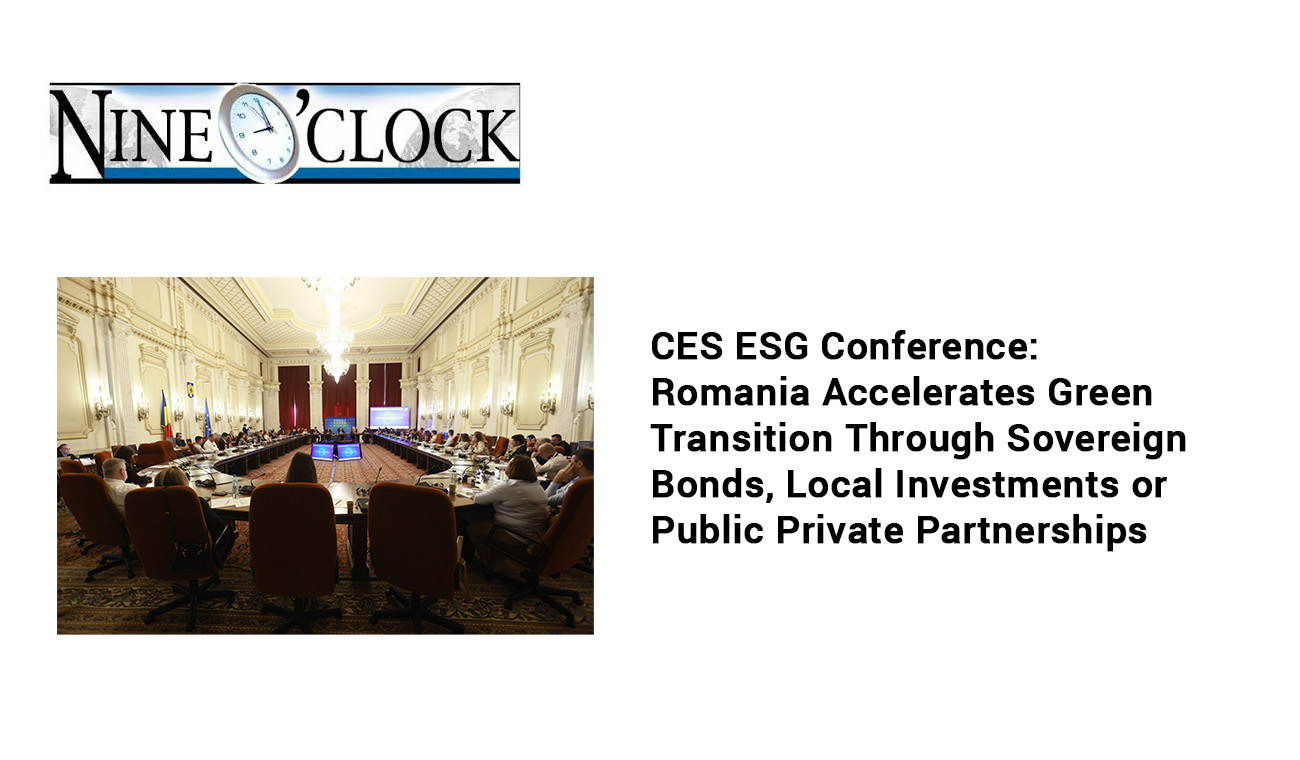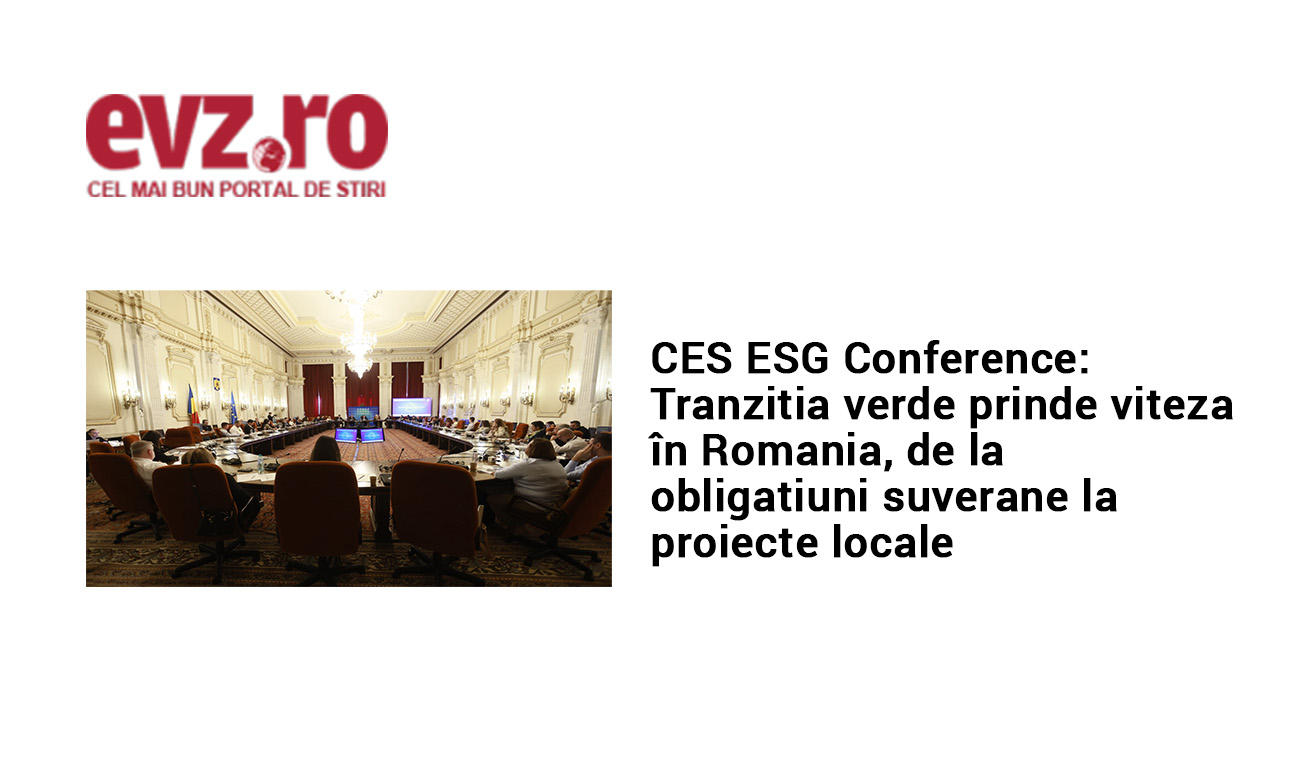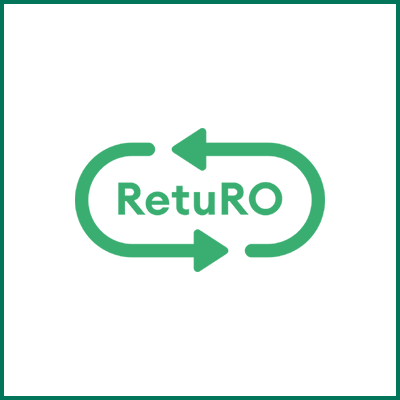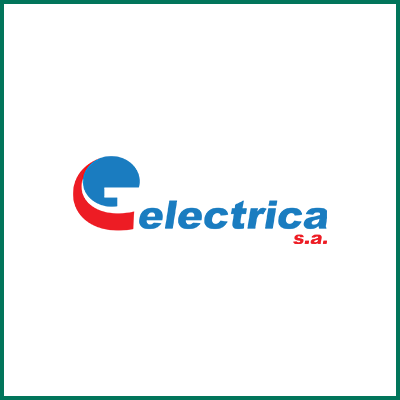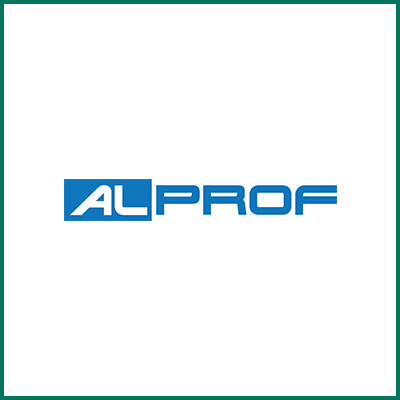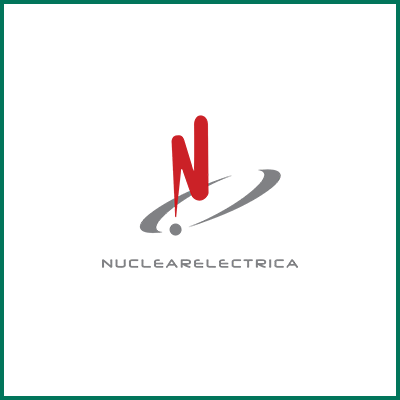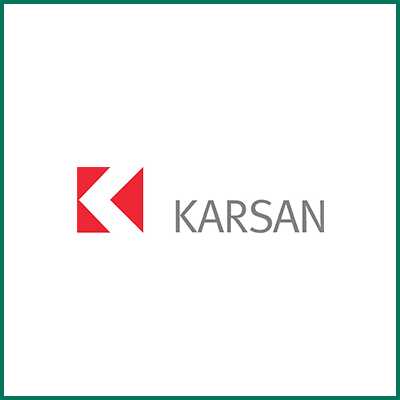CES ESG CONFERENCE 2025
September 18th, Bucharest Palace of the Parliament
As ESG becomes a central driver of regulation, investment and consumer expectations, Romanian companies face increasing pressure to deliver measurable sustainability outcomes. The event covered a consistent spectrum of sustainability hot topics – green financing and financial instruments for incentivizing circularity, public-private partnerships for circular economy projects, as well as digital and community-driven solutions that engage citizens and maximize impact and many other. Speakers will share lessons from large-scale initiatives, highlighting best practices, regulatory insights and tools for transparency and accountability.
With discussions on strategic vision, ESG actionables and leveraging innovation for efficiency, CES ESG Conference offered a unique platform to benchmark, exchange knowledge and accelerate Romania’s transition to a net-zero, resilient and inclusive economy.
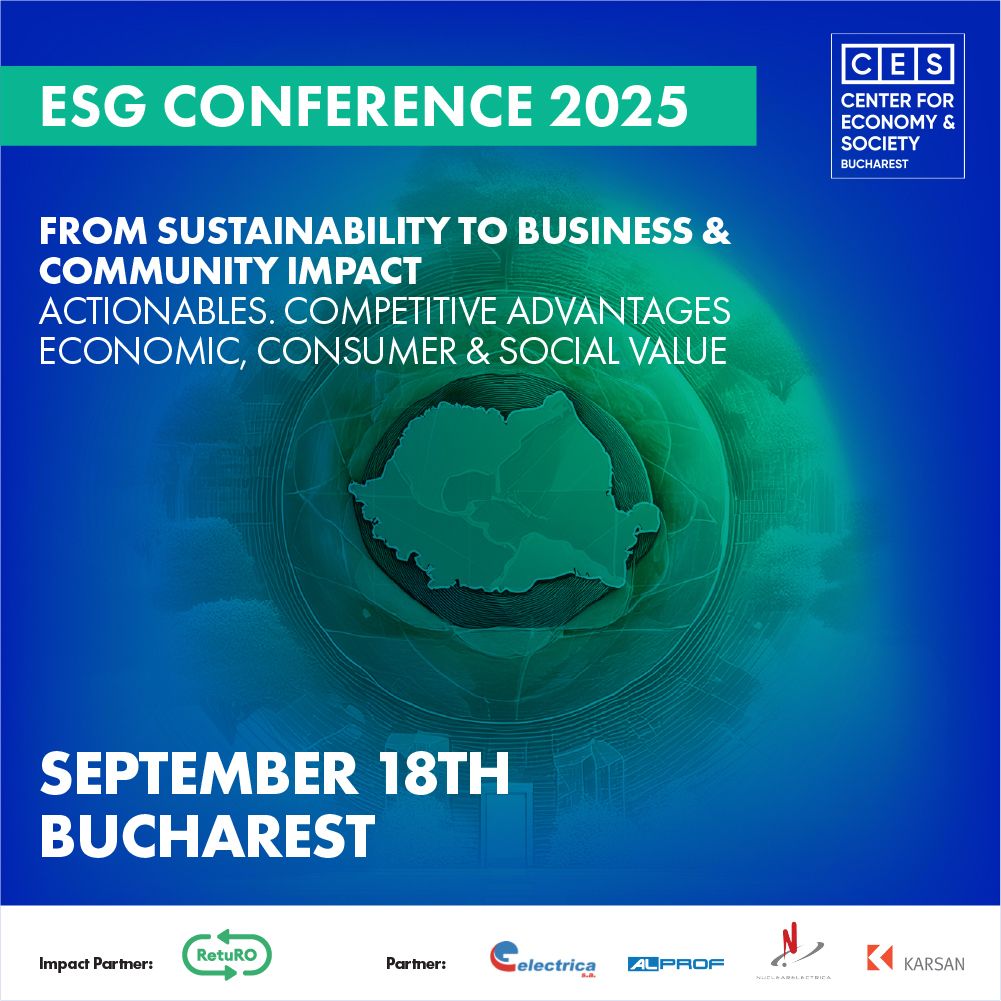
Photo Gallery
Conference Highlights
Romania is taking tangible action toward its green transition through sustainable infrastructure projects, public‑private partnerships and green bonds.
In 2023, Romania established its Green Bond Framework with support from the World Bank and, to date, two green bonds have been issued, according to the representatives of the Ministry of Finance, present at the conference. More than 10.8 billion lei has been raised so far, funding green projects financed exclusively from the state budget.
Bucharest City Hall is investing heavily in green public transportation and district heating: 100 new trams, 100 electric buses, and 100 trolleybuses are already in service, and the goal is to have 1,500 modern, non‑polluting vehicles by 2030. The capital’s green budget for 2025 is 1 billion lei.
Additionally, the city authorities are preparing to take over the district heating networks – an investment estimated at minimum 700 million lei, with 30% paid upfront and the remainder spread over 5 years.
A successful public–private partnership is the Deposit-Return System, implemented and managed by RetuRO. Romania now has the largest fully integrated deposit‑return system in the world, which, in just two years since its launch, is already collecting over 80% of beverage packaging placed on the market and delivering it to recyclers.
Transforming consumer behavior and reducing food waste: in recent years, retailers have developed mechanisms by which near‑expiry products are collected and turned into compost or biogas, creating a circular economy chain. This not only lessens environmental impact, but also involves citizens, encouraging them to take an active role in sustainability and to understand their direct role in preserving resources.
People’s active participation in sustainable solutions, such as the Deposit‑Return System, represents a crucial step toward Romania’s green transition goals, proving that sustainability projects can succeed when citizens, businesses and authorities work together.
Romania is navigating a complex transition toward a green economy. Tools such as green bonds, public‑private partnerships, or capital market instruments, paired with local initiatives like zero‑pollution public transport and circular waste management, are key elements by which central and local authorities, together with the private sector, can drive sustainable development.
